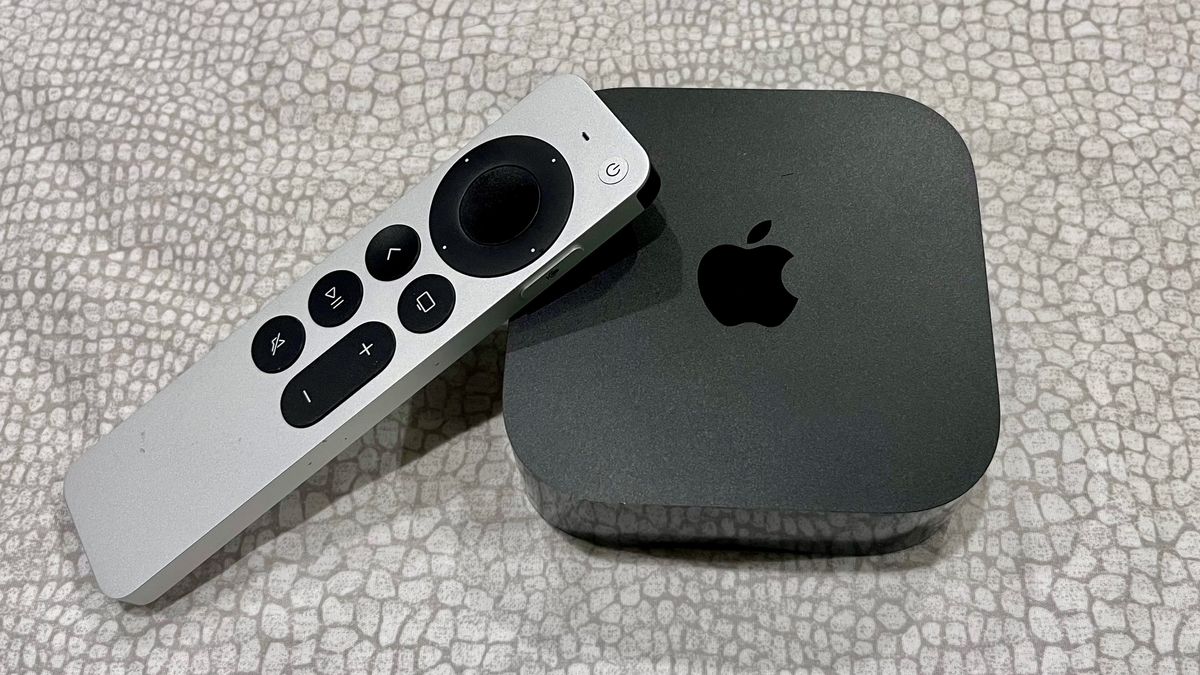A home lab can be incredibly loud, especially when using enterprise servers in 1U or 2U form chassis. The small fans run at higher speeds to force as much cool air through the system as possible. The same goes for network-attached storage (NAS) enclosures, which feature larger fans but can often cause noise from running disks and louder cooling solutions. If you plan to run services and Docker on the OS, you can bet it'll only get louder.
I had this issue with an older Synology-branded NAS where the system would ramp up cooling to keep the CPU cool while running self-hosted services and apps. It was a similar issue with other brands, and although a prebuilt system with computer hardware would likely solve the problem, I didn't want a larger NAS and so I looked to an all-SSD solution. Using the LincPlus LincStation N1, I created the ultimate silent NAS.
When the noise is a little too much
The constant drone can annoy some
I'm not overly fussed when it comes to servers spinning away. I've sat next to a few 1U units humming all day long in the home office without batting an eye, but it's not something everyone can grow accustomed to, especially if they're only visiting. Even a small compact enclosure with four drives and two rear fans spinning can cause enough unwanted noise to annoy those within the vicinity.
That's where an all-flash NAS can really make a difference. Unlike traditional enclosures that support 3.5-inch drives, there are some devices available with either M.2 slots alone for PCIe SSDs or a combination with 2.5-inch bays for smaller SATA drives. Populating both with flash storage can bring the total noise output to zero, thanks to the lack of any need for active cooling.
Flash storage can bring the total noise output to zero, thanks to the lack of any need for active cooling.
This is only feasible when the NAS is designed in such a way that passive cooling is enough to prevent temperatures from getting out of hand. Depending on what CPU is used and what type of storage is supported, you may end up with one or two small blowers to push some air through heatsink stacks. Even so, the noise emitted from these enclosures is minimal compared to larger counterparts.
The LincPlus LincStation N1 is a fine example with a mix of 2.5-inch bays and M.2 slots. Up front are the two bays for 2.5-inch SATA SSDs (or HDDs), and below are two covers protecting four M.2 PCIe storage slots. The enclosure comes with an Unraid license to get started, though you're free to install any supported operating system. I the case of the LincStation N1, I do recommend sticking with Unraid to avoid any quirks.
When an all-SSD NAS makes sense
It's not for everyone
My esteemed colleague, Ayush Pande, reviewed the LincPlus LincStation N2, which launched as the successor to the NAS I used for this (almost) silent SSD solution. The only drawbacks he could find with the N2 were the fact that the Intel N100 isn't good enough for hardcore NAS workloads such as running Jellyfina nd Frigate, and the RAM is soldered to the motherboard. I found the same issues with the N1.
The rest of the N1 and N2 is excellent. With the newer version, you're even looking at a 10GbE connection, which is almost unheard of within the NAS world. These six drives can lead to a total storage capacity of 24TB with six 4TB SSDs, and using Unraid, you won't encounter any trouble making good use of raw capacity across the drive array. So long as you're not expecting PCIe Gen 4 speeds, you'll be good to go.
And that's one of the major constraints of prebuilt SSD NAS. Even the Asustor FS6706T with six M.2 slots struggles to provide enough PCI bandwidth from the CPU to the storage slots and attached network interface card (NIC). But I wasn't bothered by this since I needed something capable yet quiet, which is precisely what the N1 provided, with decent enough performance for storing files and running an app or two.
SSDs are fairly expensive, especially if you opt for NAS-rated drives such as Seagate IronWolf or WD Red. Once fully populated, an all-SSD NAS is incredibly quiet. It's easy to forget just how much noise hard drives produce themselves. The more you have within the array, the more noise will emit from your NAS. The same isn't true for SSD NAS since drives are static and it's all handled electronically.
With the LincStation N1 fully configured and ready to go, the lack of any noise, even with the fan spinning, made it possible to place the NAS almost anywhere inside the home.
.png)










 English (US) ·
English (US) ·